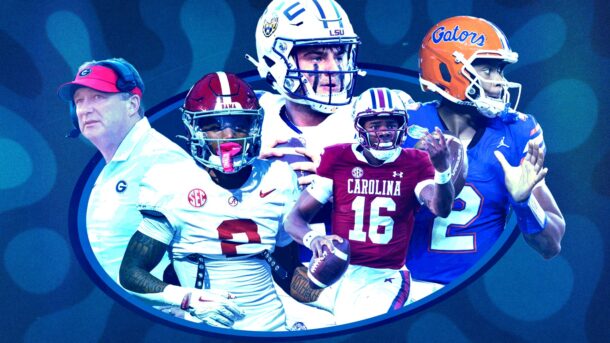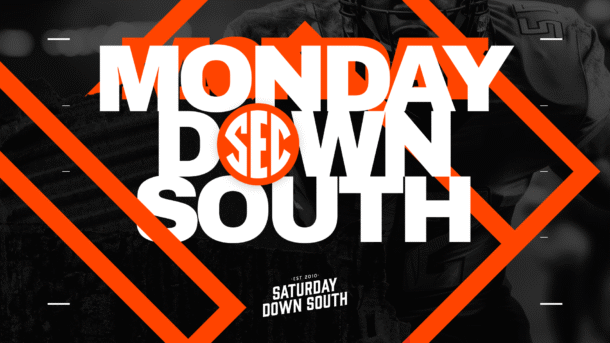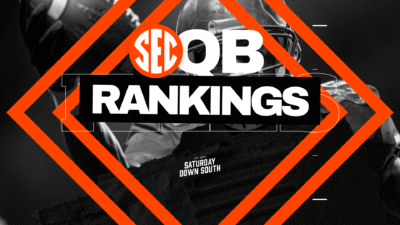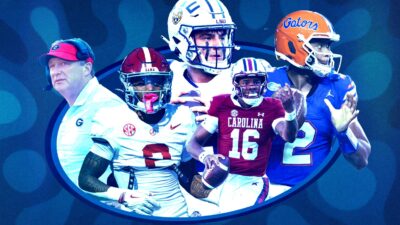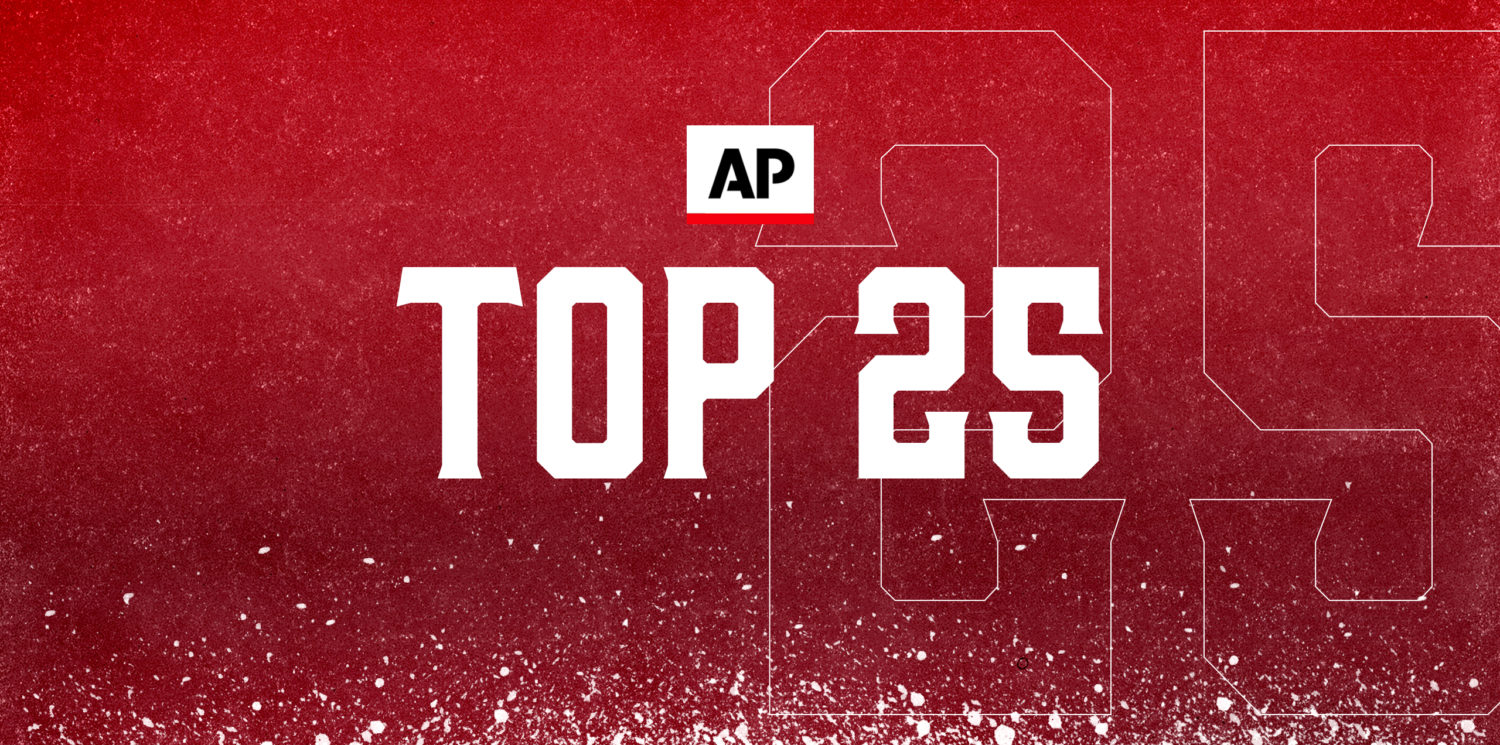After a glimmer of hope in the regular season finale and plenty of talk, nothing changed for LSU and it’s maddening offense.
Anthony Jennings still couldn’t complete more than half of his passes. LSU’s play calling and decision making was still head-scratching. As a result, the Tigers came together to waste the best game of Leonard Fournette’s young career.
As it often does in football, much of LSU’s offensive failures stemmed from quarterback play. As per usual, Jennings hit right at 50 percent. He completed 7-of-14 passes for 151 yards, half of which came on his only touchdown pass of the game, a 75-yard strike to open the second half.
Also par for the course, Jennings looked lost behind the line of scrimmage. At the end of the first half, he played a big hand in costing LSU a score at the end of the first half. Deep in the red zone, his indecision resulted in a sack, causing LSU to burn a timeout. On the next play, he threw short of the goal line, setting up a fourth-down fake field goal attempt that came short of the goal line. That lack of awareness has been present throughout Jennings’ 12 starts.
All season, the evidence has mounted that Jennings is not capable of answering the call at quarterback. Again on Tuesday, he was inaccurate with his throws, slow to go through his progressions and looked jerky and unsure when called upon to run the read-option, a regression from the regular season finale.
To be clear, this loss isn’t on Jennings, or the offense in general, even though the quarterback didn’t complete his first pass of the night until late in the second quarter. LSU’s defense, the top-ranked unit in the SEC, takes the blame for that after allowing 449 yards and giving up seemingly endless third-down conversions to Notre Dame. Despite Jennings’ struggles, he didn’t do anything to cost the Tigers the game. He gave them exactly what he did all season — a mediocre performance in which he mostly avoided back-breaking mistakes.
The problem with that is that mediocrity or worse became a fact of life for the Tigers this year. LSU would have won this game if the defense had performed like it did in the second half of the season. It’s hard to blame Jennings, because by this point everyone knew what he’d give on the field. It’s much easier to feel the frustration with the coaching staff.
After the game, Les Miles acknowledged that he and his coaching staff mismanaged the quarterback situation this year. All season, Miles talked about giving both Jennings and freshman Brandon Harris a fair chance to show themselves in games. Harris, aside for a few quarters early in the fall, never got that chance.
Miles on future of QB: “There was some indecision we’d like to have back.” #LSU
— Ross Dellenger (@DellengerAdv) December 30, 2014
Miles added that there would once again be an open competition for the quarterback job come spring, just as there was in preseason practice. During the season, Miles continually spoke about getting the freshman Harris an opportunity, insisting it would happen although it never did come after he started against Auburn before being pulled in the second half.
The coaching staff certainly could have done more to help out its passing issues. Fournette was on fire, racking up 264 yards on just 13 touches. LSU simply didn’t use its best offensive player enough, despite the success it had every seemingly time he got his hands on the rock. He could have been the workhorse to alleviate some of the pain; instead, Fournette touched the ball just once after his 89-yard touchdown run.
Jennings’ struggles and the quarterback situation are at once a problem in the grand scheme and not the main culprit for Tuesday’s loss. While Miles talks about change at the position, his track record leaves no reason to believe that it will come. That’s as much of a problem as the play itself.
A former freelance journalist from Philadelphia, Brett has made the trek down to SEC country to cover the greatest conference in college football.
